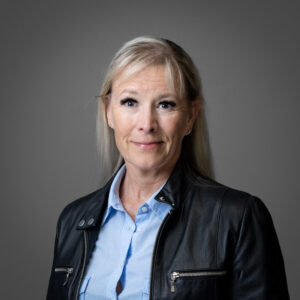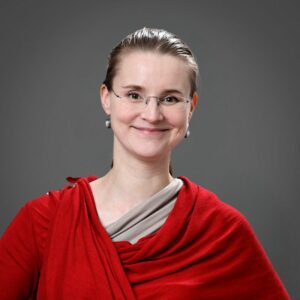Argumenta funding programme has ended and grants are no longer available. We encourage you to apply for funding for projects similar to Argumenta in the October application round.

Argumenta
The approach for Argumenta is emphatically cross-disciplinary. Although the same problems are often studied in different disciplines, it may be difficult to find a common language for formulating the solutions. The purpose of Argumenta is to apply interdisciplinary dialogue to producing new answers and conclusions for challenging issues in society, and to communicate these results to a broader audience than the academic community.
Closed

Argumenta funding programme has ended
Argumenta funding programme has ended and grants are no longer available. We encourage you to apply for funding for projects similar to Argumenta in the October application round.
The application was a two-stage process. The first stage was open during the March Round of Applications on the Finnish Cultural Foundation’s Online Application Service. The second stage of the application process for the selected applicants opened in the August round of applications.
Who may apply
The application was intended for working groups, which preferably represent disciplines covered by the project. Legal persons, such as universities, were not eligible to apply.
Applicable Grants
The core operating model for Argumenta was to organise a series of seminars and, possibly, workshops, which may also involve other activities. The funding was not intended for actual research, but rather for covering the costs of the seminars, other events, and communications.
The grant sum for one project was approximately EUR 100,000–150,000.
The objective of Argumenta projects was either to A. increase and deepen public debate on the topic or B. achieve a direct impact on societal decision-making.
Contact person for the Argumenta grantees:
Päivikki Eskelinen-Rönkä
Senior Advisor, Manager
South Karelia, South Savo, January Round: Discover Science Grant


Application Guideline for the Argumenta Grant
Argumenta
1.1. Application period
The application is a two-stage process. The first stage will be open during the March Round of Applications on the Finnish Cultural Foundation’s Online Application Service.
1.2. Who may apply
The application is intended for working groups, which preferably represent disciplines covered by the project. Legal persons, such as universities, are not eligible to apply.
1.3. Grant purpose
Argumenta is a funding model intended for discovering scholarly, interdisciplinary, sustainable arguments that seek to answer open questions in important fields of research. Argumenta projects are of cross-disciplinary nature, and they extensively analyse competing theories and practices. The aim is to bring the results of these analytical debates to the attention of the public and of decision-makers, so that they can have an influence on societal decision-making.
The objective of Argumenta projects is either to A. increase and deepen public debate on the topic or B. achieve a direct impact on societal decision-making.
If the emphasis of the project is to be on awakening public debate (a), the project budget must include an allocation for employing influencer marketing professionals.
If the emphasis is to be on direct social influence (b), the project outcomes must be publicly presented in materials intended for use by decision-makers and as tools for more in-depth examination of the topics. The budget must include an allocation for influencer marketing purposes.
1.4. Types of grants awarded
The grant sum for one project is approximately EUR 100,000–150,000.
1.5. Application process and timetable
Attachments cannot be appended to the first-stage application. Everything essential must be described in the space allotted in the application form. This includes statements, which are also not accepted in the first stage of the application process. Applicants will be informed by the end of May if they have been selected for the second stage.
The second stage of the application process for the selected applicants opens in the August round of applications. The second-stage application must include a work plan, a budget, and a media plan that covers public affairs communications as well.
If the emphasis of the project is to be on social influence (b), the communication plan must detail the nature and distribution channels of the publications that the project will produce for decision-makers’ use.
The criteria applied to Argumenta are as follows:
• The topic must be of scholarly interest and have a far-reaching societal impact.
• The topic must involve academically controversial issues, with the aim of forming an overall understanding of these issues through cross-disciplinary debate.
• The project must aim to increase and deepen public debate on the topic or try to achieve a direct impact on societal decision-making through the scholarly arguments produced as part of the project.
1.6. Reporting
Grant reports must be submitted using the Online Services for Grantees. The deadline for reports is one year after the payment of the last instalment. The report must detail the main content of the project, the seminars, events and their numbers of participants, as well as an evaluation of the success of the project and the fulfilment of its communication goals. The use of the grant must be itemised by expense type using a separate appendix.